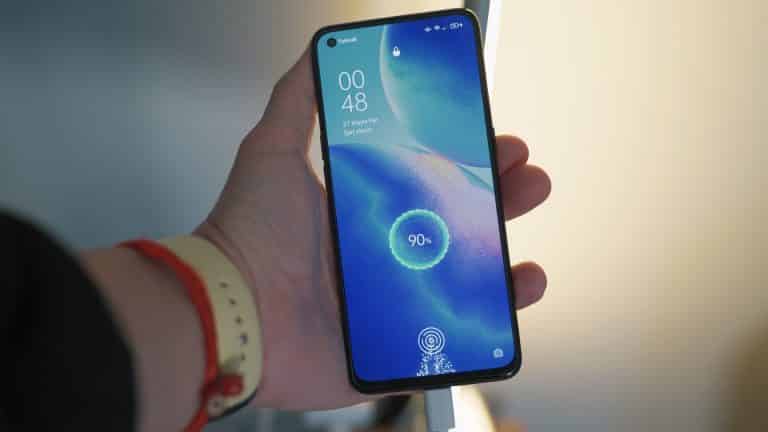Smartphone makers and other electronics manufacturers will be required to include a USB-C charging connection on their gadgets, according to the European Commission, which serves as the executive arm of the European Union.
According to analysts, this might be a significant setback for Apple, which has continued to use its proprietary Lightning connector on the iPhone despite widespread criticism. At the same time, it is unlikely to have a significant influence on other manufacturers’ products because almost every Android phone now includes a USB-C connector. With this idea, consumers will be able to reuse their old chargers and cords for any phone, including the iPhone, with the goal of reducing electronic waste in the process.
Apple’s MacBook and iPad both use the USB-C port, while the iPhone continues to use the Lightning connector, according to the company. Apple has received a great deal of criticism for not providing people with an option in terms of how they want to recharge their devices.
Also Read: Optical Fiber: A Great tool to enhance Internet Speed
However, as a result of the new European Union regulations, Apple is likely to be compelled to modify the iPhone’s charging process. However, there is currently no information available on what the iPhone manufacturer would do in response to the situation.
Manufacturers will also be required to make their charging technologies compatible with the rules set forth by the European Commission. The fast charger from brand A should be able to charge the phone from brand B at the same rate as the charger from brand A.
The requirement for manufacturers to give appropriate information to their consumers regarding the charging standards that their devices and chargers support will also be enforced. This means that customers in the European Union should be able to purchase a new device without having to include the charger in the package when purchasing a new device.
When Apple was the first business to remove its charging brick from the retail box, the company cited the same rationale as before: it will save energy and preserve the environment. Many other companies, like Samsung, no longer include the charging brick in their packaging. While this is beneficial to the environment, it is counterproductive to the freedom of choice that customers should have when purchasing a new phone. Customers will no longer be required to use the charger as a result of the EU’s new regulations.
A representative for Apple told CNBC that the company “shares the European Commission’s commitment to safeguarding the environment” and that the company is already “carbon neutral” for all of its corporate emissions globally. In experts opinion, rigid legislation mandating only one type of connector stifles innovation rather than promoting it. This will ultimately hurt consumers throughout Europe and the rest of the globe. In order to find a solution that protects consumer interests while still allowing the sector to develop and provide exciting new technologies to consumers, we are looking forward to continuing our interaction with stakeholders.”
With the exception of the iPhone, almost all high-end Android devices are equipped with a USB-C connection. However, low-end phones from firms such as Samsung, Huawei, and Oppo continue to have MicroUSB connections, and the judgement will require that such ports be replaced with USB-C ports in order to comply with the ruling. The European Commission’s judgement also applies to gadgets like tablets, cameras, headphones, speakers, and portable gaming consoles across Europe, with the exception of the United Kingdom, according to the European Commission.
Apple and other smartphone manufacturers may be preparing an appeal to be presented to the European Union in order to make their case in favour of their proprietary connections at this time. The idea is part of a new Radio Equipment Directive, and it must be approved by the European Parliament before it can become law. If this plan becomes law, Apple and other manufacturers will have two years to completely comply with the new regulation if it is implemented as proposed.
Ms Margrethe Vestager, the executive vice president of the European Commission, issued a statement in which she stated, “European consumers have been irritated by the accumulation of unsuitable chargers in their drawers for far too long. We gave the industry plenty of time to come up with their own solutions, and now the time has come to take legislative action to establish a single charging standard. This is a significant victory for our customers and the environment, and it is consistent with our green and digital objectives.”

